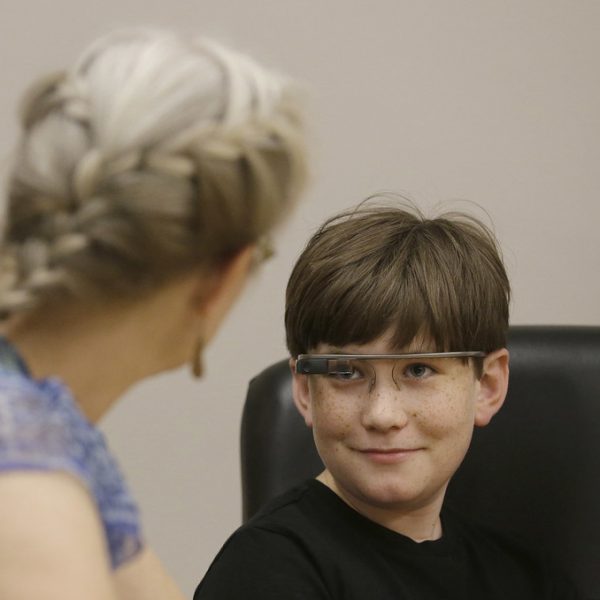Alibaba has acquired the Israeli startup Infinity Augmented Reality after it invested US$15 million in this firm in November 2016.
The company claims its technology can turn AR glasses into a powerful content augmentation platform. Last Thursday, it said on its website that it will join Alibaba’s Israel Machine Vision Laboratory, without disclosing further details on the deal. However, Israeli business daily Globes said Alibaba paid more than US$10 million, citing market sources.
“Alibaba’s expertise in turning technologies into next-generation products will be a great platform for the future technologies of computer vision, AR and AI”, said Motti Kushnir, CEO and co-founder of Infinity Augmented Reality.
In 2016, capital and talent flooded into the virtual reality and augmented reality sectors deemed as the “next big thing”. However, the hype ebbed because related technologies are still immature.
Alibaba, among many other companies, at that time believed that virtual and augmented reality could empower its business, premiering the VR and AR shopping platform Buy+ in November 2016. However, the platform remained eerily quiet even one year later, with only an AR game featured, according to a Forbes report.
“Alibaba is delighted to be working with InfinityAR as one team after three years of partnership. The talented team brings unique know-how in sensor fusion, computer vision, and navigation technologies. We look forward to exploring these leading technologies and offering additional benefits to customers, partners and developers,” said Lihi Zelnik-Manor, the head of Alibaba’s Israel Machine Vision Laboratory.
AR in retail is only one of the many possible applications of the technology, Tan Rui, an analyst with IDC China, told KrAsia on Monday. He added that currently AR has entered into manufacturing, medical care and education at the enterprise-level, predicting more talent will join in to develop the entire system.
IDC China in a report released in early February said that 5G will help AR play an important role in the market of security surveillance as faster mobile internet connections will make long-distance interaction and assistance feasible.
Infinity AR’s CEO Kushnir said in an interview last August his company is working on AR glasses for industrial workplaces, in collaboration with a company called Fieldbit. The glasses transmit live video and experts can immediately respond to workers who need operational guidance even when they are not on-site.
Kushnir confirmed in this interview that his company, which can be categorised as an AR operating system provider, isn’t planning to launch self-branded smart glasses but instead offers tailored hardware-to-software solutions to enterprises in need of such devices.
Editor: Nadine Freischlad

